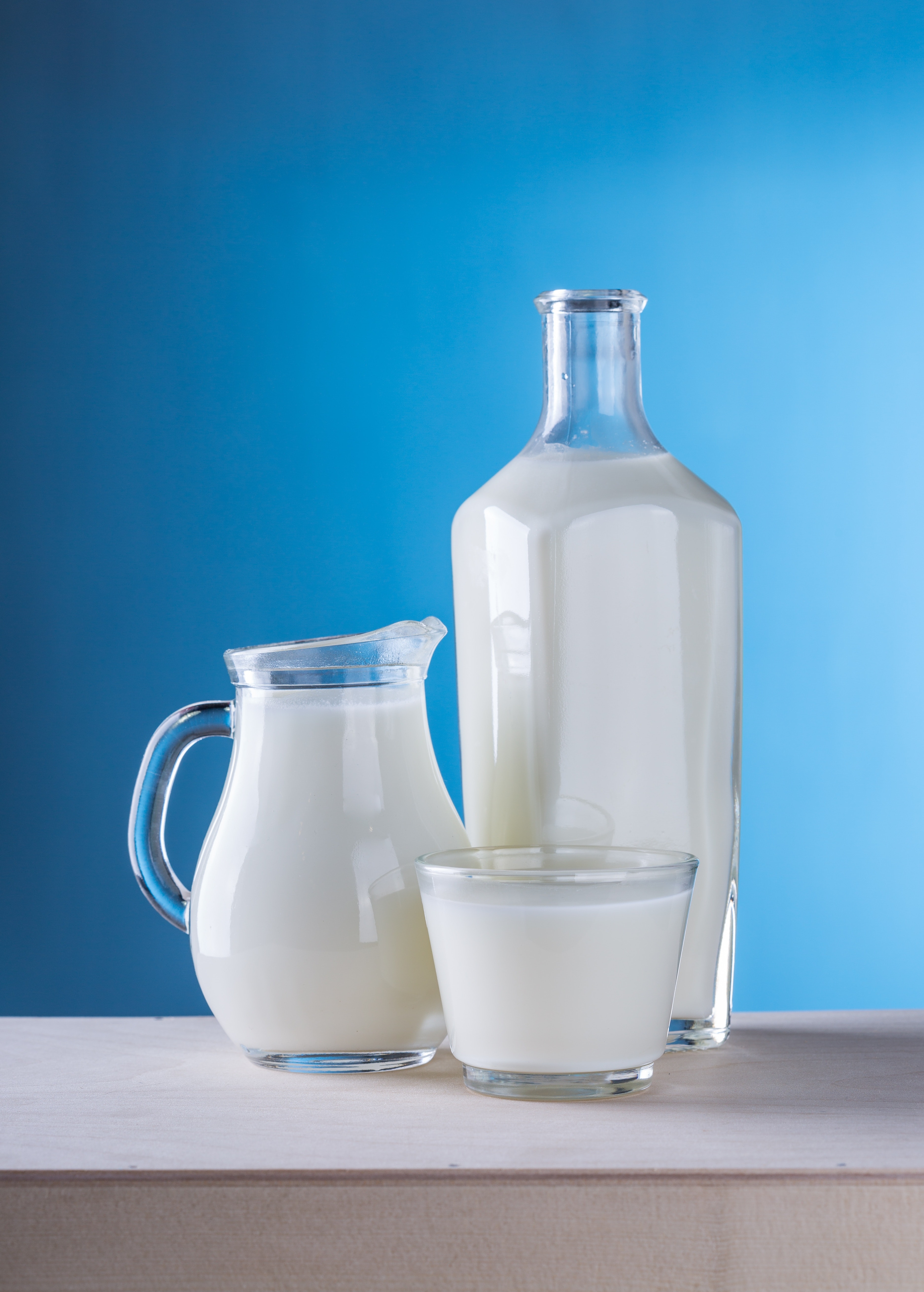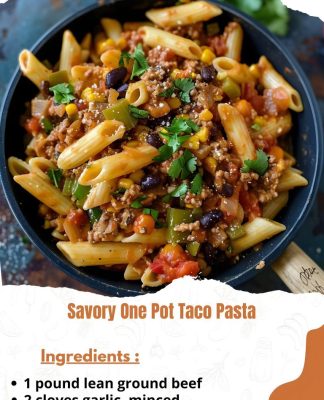It’s not a diet. It’s food rebalancing.
If you too are fed up with repetitive diets, then diet rebalancing is for you. Unlike diet, food rebalancing is quite simply a lifestyle change by adopting healthy habits, including a closer look at your diet. But how exactly does it work? Here is all you need to know about food rebalancing.
What does a food rebalancing consist of?
As we mentioned above, rebalancing food is totally different from diet. The diet is mainly about creating a calorie deficit in order to lose weight. However, this principle can sometimes generate a yoyo effect when you resume your normal diet. Food rebalancing, on the other hand, consists of completely changing your habit.
In fact, food rebalancing does not involve removing certain foods or reducing calorie intake. To indulge in a food rebalancing, it must be done step by step. First of all, we must reduce the consumption of artificial fatty acids such as ready-made meals, sugar, alcohol, etc. Next, you should also avoid processed or packaged foods. In this sense, it will be necessary to favor natural, simple and unprocessed foods.
What are the main foods to consume in a food rebalancing?
You will understand, although it is not a diet, there are some food groups that must be prioritized for a food rebalancing. Among these food groups we can talk about fruits and vegetables. These are rich in vitamins and minerals. In addition, they contain little fat. Besides that, you should also give preference to proteins. Indeed, they are essential because they develop musculature while repairing nerve cells.
Dairy products are also a group of foods that must be included at all costs in a food rebalancing. They are rich in minerals and calcium and contribute to healthy bones and teeth. In addition, dairy products regulate muscle contraction and the beating of the heart. In addition, you also need to incorporate the right carbohydrates into your diet. When we talk about good carbohydrates, it refers to complex carbohydrates. Packed with fiber, these good carbohydrates ensure the proper functioning of the digestive system. Finally, lipids, sugar and salt should also be consumed, but in moderation.
What are the benefits of food rebalancing?
Food rebalancing is, first of all, a way of life that allows you to make peace with your body. Thanks to a new diet, you forget about the frustrations and all the guilt you can feel when you diet. On top of that, since food rebalancing doesn’t prohibit any food, it’s much easier to adopt. Even more, this one does not prevent you from doing a few little extras by going to a restaurant or eating with friends.
Along with this, since food rebalancing comes down to eating in a balanced way, it also contributes to weight loss. It is therefore the ideal diet for those who want to slim their figure or lose a little fat. But still, it helps improve digestion and the health of the one who adopts it. Finally, in the long term, food rebalancing contributes greatly to your health by preventing certain diseases such as diabetes or cardiovascular disease.

















